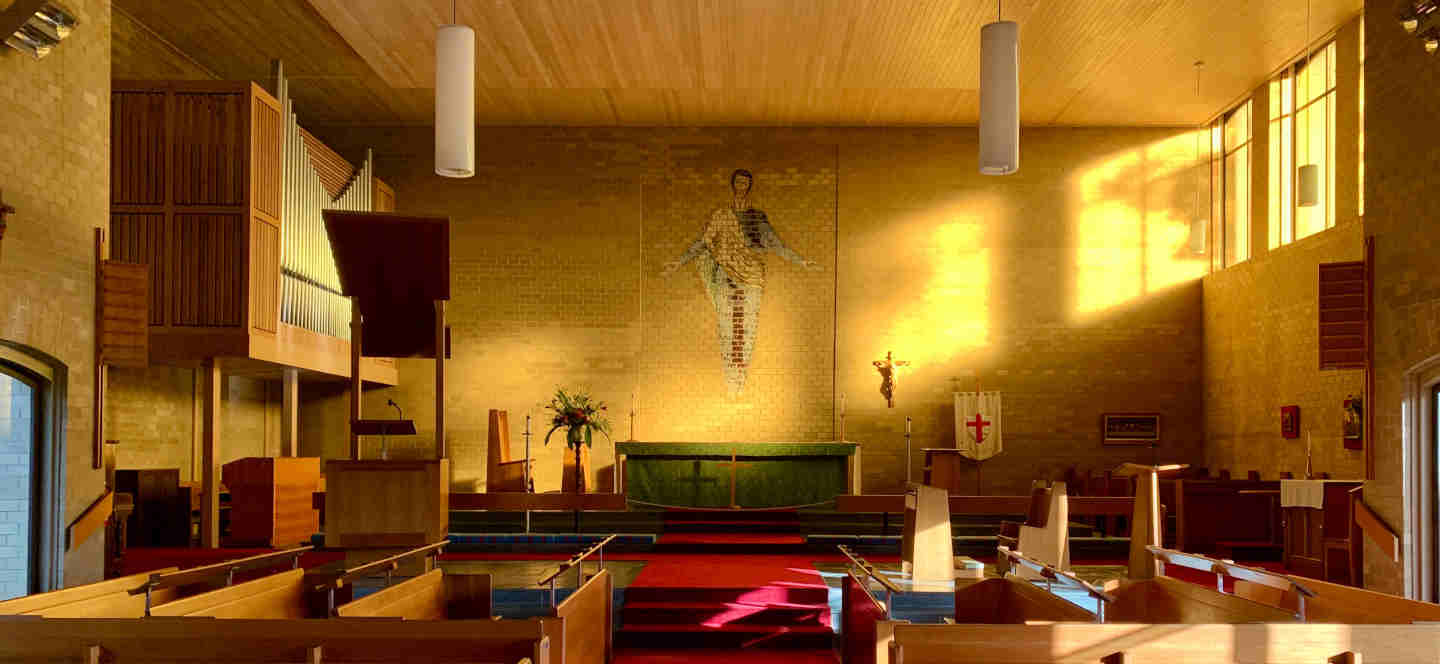Primate of the Anglican Church of Australia’s Easter Message
Easter Sunday: the day everything changed
At the time of Jesus’ death we read in the Bible that a great cloud of darkness covered the earth. Our own times seem to have many dark clouds of threat. Even as many of us live in a world where our material needs are abundantly filled we know that many others, too many others, struggle just to meet their daily needs. As Jesus gave up his spirit on the cross his final dying words were: “It is finished.”
Yes, it was true: Jesus’ earthly life had ended. The indifferent Roman soldiers divided his possessions, his enemies rejoiced, his disciples despaired and Judas, overcome by guilt and remorse, killed himself.
Then everything changed. Jesus’ resurrection from the dead on Easter day was the definitive proof of his victory over sin and death. For Christians, hope can never again be utterly extinguished.
Easter speaks throughout the ages to the condition of human despair. Christian faith shows us the way in which we can share in Jesus’ victory over all that pushes us to despair. Human failure remains with us, both inside and outside the church – failure of compassion, failure of virtue, failure to live up to the light that each of us has through our conscience. All of us need to aspire to the best that we know our human nature can be. Human failure, or sin – as it is referred to in theological terms – arises from people’s alienation from God. Jesus told his disciples that his mission was about reconciling humanity with God and with each other.
His mission was intensely personal as much as it was universal. That is why Christians speak about having a personal relationship with Jesus and being alive with his Spirit. It is not just a manner of speaking, an odd religious terminology, it is a real and lived experience, as Christians have testified over the centuries. The Saviour cares so much for his people that he enters and transforms their lives, and numbers every hair on their heads.
Easter is also a journey over three days from Good Friday to Easter Day. Christian worship on Good Friday confronts the dark reality of Jesus’ suffering and death. Holy Saturday reflects the time Jesus’ body lay in the tomb. Both contrast with the joyous celebration of Easter Day, usually a celebration rich with music and colour.
Even if you have never or seldom been to a church, please feel able to join us in these celebrations. Any of our Anglican churches will be delighted to welcome you. All you need is the awareness that Jesus in his life and his death meets the condition of our human suffering and despair and opens for us the way of his peace.
Have a blessed and holy Easter.
